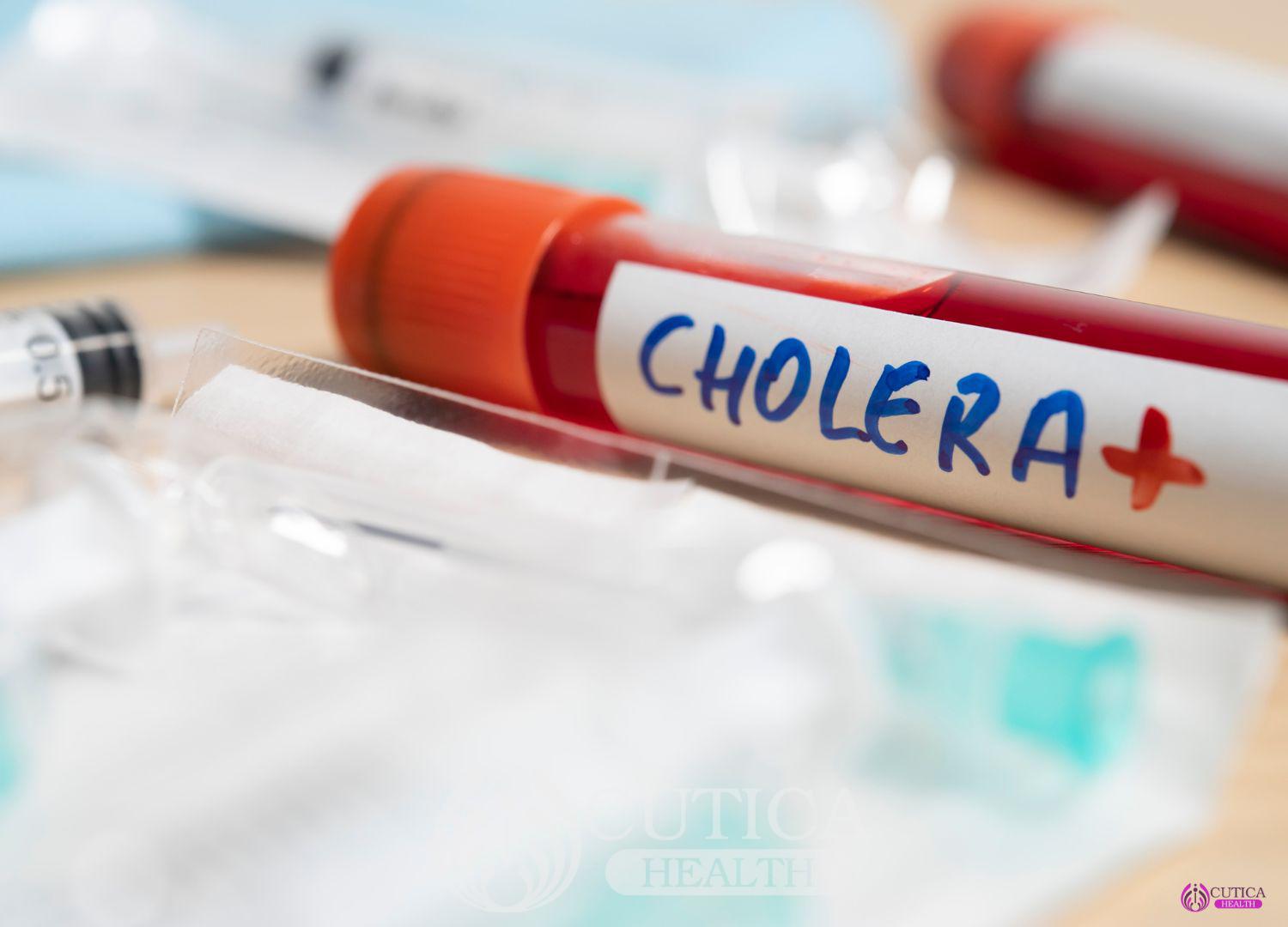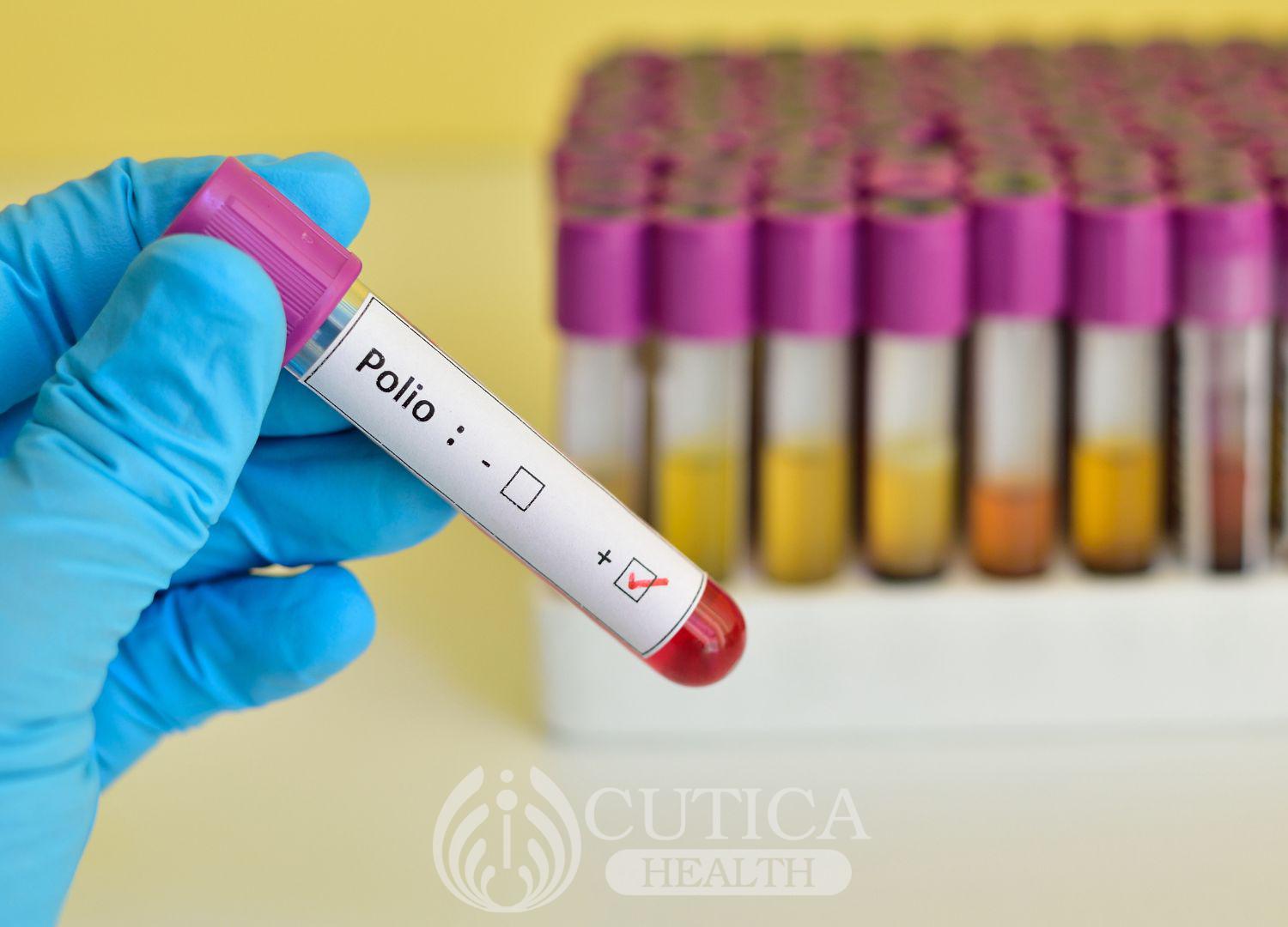
The Nigeria Centre for Disease Control and Prevention alerted Nigerians of cholera cases around the country with deaths reported in 30 out of 36 states. From the 1st of January to the 11th of June, 2024 there were 1,141 suspected cases and 65 confirmed cases with 30 deaths from 96 LGAs in 30 states. The 10 states with 90% of the burden of cholera so far include Bayelsa, Zamfara, Abia, Cross River, Bauchi, Delta, Katsina, Imo, Nasarawa and Lagos States.
Introduction
Cholera, an acute diarrheal illness caused by the bacterium Vibrio cholerae , remains a significant public health challenge worldwide. Despite advances in sanitation and healthcare, cholera outbreaks continue to occur, particularly in areas with inadequate access to clean water and sanitation facilities.

What Causes Cholera Outbreaks?
Cholera outbreaks are primarily caused by the ingestion of water or food contaminated with Vibrio cholerae . The bacterium thrives in environments with poor sanitation, making areas affected by natural disasters, war, and poverty particularly vulnerable. Key factors contributing to cholera outbreaks include:
Contaminated Water Sources: Drinking or using water from contaminated rivers, lakes, or wells can introduce the bacteria into communities.
- Poor Sanitation Practices: Lack of proper sewage disposal and open defecation can lead to widespread contamination.
- Inadequate Hygiene: Limited access to soap and clean water for handwashing increases the risk of infection.
- Population Displacement: Refugee camps and densely populated urban areas without adequate sanitation infrastructure are hotspots for cholera outbreaks.
Recognizing the Symptoms of Cholera
Cholera can be asymptomatic or cause mild to severe symptoms. In severe cases, symptoms can appear within hours of infection and include:
- Severe Diarrhea: Profuse, watery diarrhea, often described as "rice-water stools."
- Vomiting: Rapid onset of vomiting can lead to dehydration.
- Dehydration: Symptoms of dehydration include dry mouth, thirst, reduced urination, and sunken eyes.
- Shock: Severe dehydration can lead to shock and, if untreated, death.
Prevention Strategies for Cholera
Preventing cholera outbreaks involves a combination of community education, improved sanitation, and access to clean water. Effective prevention strategies include:
- Water Treatment: Ensuring safe drinking water through boiling, chlorination, or using water purification tablets.
- Sanitation Improvements: Building and maintaining proper sanitation facilities to prevent contamination.
- Hygiene Promotion: Educating communities about the importance of handwashing with soap and safe food handling practices.
- Vaccination: Oral cholera vaccines (OCVs) can provide short-term protection and are particularly useful in outbreak settings and high-risk areas.
Responding to Cholera Outbreaks
A rapid and coordinated response is crucial to control cholera outbreaks. Key response measures include:
- Surveillance and Reporting: Early detection and reporting of cases to public health authorities enable swift action.
- Treatment Centers: Establishing cholera treatment centers to provide rehydration and medical care.
- Community Engagement: Involving local communities in response efforts to ensure culturally appropriate interventions.
- Supply Distribution: Providing essential supplies such as oral rehydration salts (ORS), intravenous fluids, and antibiotics.

The Role of International Organizations
Organizations such as the World Health Organization (WHO), UNICEF, and Médecins Sans Frontières (MSF) play a critical role in combating cholera outbreaks. They provide technical assistance, funding, and supplies, and support local health systems in affected areas. Their efforts include:
- Emergency Response: Deploying rapid response teams to outbreak zones.
- Capacity Building: Training local healthcare workers in cholera management.
- Research and Development: Supporting the development of new vaccines and treatments.
Conclusion
Cholera outbreaks remain a pressing global health issue, particularly in areas with inadequate water and sanitation infrastructure. Understanding the causes, recognizing the symptoms, implementing effective prevention strategies, and mounting a robust response are essential to control and prevent cholera outbreaks. Collaborative efforts between governments, international organizations, and local communities are crucial to achieving a cholera-free world.
By prioritizing clean water, improved sanitation, and hygiene education, we can make significant strides in reducing the incidence of cholera and saving lives.












